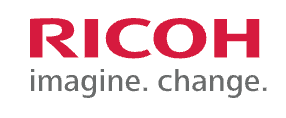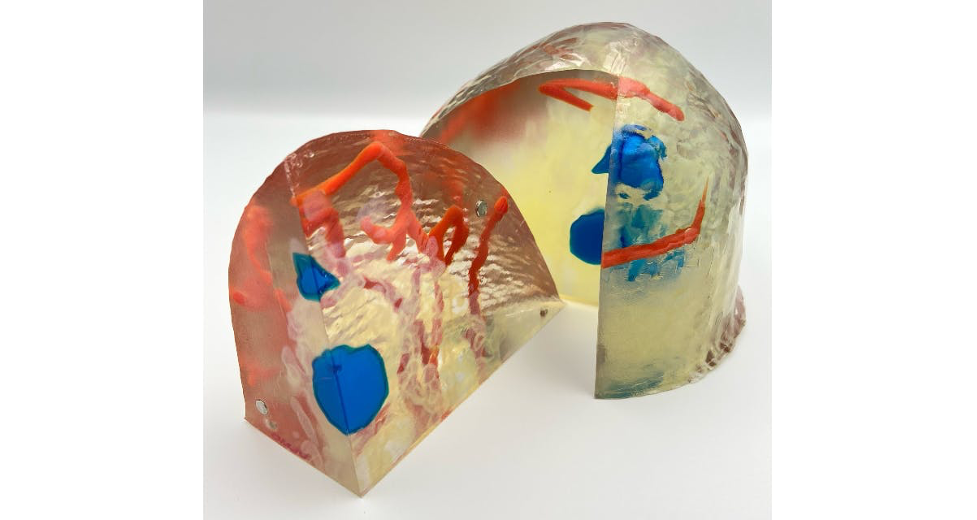LONDON–(BUSINESS WIRE)–It’s difficult to avoid adverts or news stories about the amazing technological feats the modern ‘intelligent car’ can perform. One of the most impressive is that a vehicle can now ‘know’ its position on the road, sense when it may be veering into another lane and transmit a warning vibration through the seat to jolt a drowsy driver into attention.
“increasingly being embedded into the very fabric of our environments”
 This type of technological innovation that makes our lives safer and easier to navigate is set to extend to the workplace. Already, there are smart chairs that measure our posture and how long we’ve been sitting, as well as smart work surfaces that know when we’re present.
This type of technological innovation that makes our lives safer and easier to navigate is set to extend to the workplace. Already, there are smart chairs that measure our posture and how long we’ve been sitting, as well as smart work surfaces that know when we’re present.
In a recent interview with the Economist Intelligence Unit on ‘The Future of Work’, sponsored by Ricoh Europe, Alan Hedge, Director of the Human Factors and Ergonomics Laboratory at Cornell University, points out that this type of technology is just the start, “we are at the very beginning of a revolution in ‘active’ objects and products that have sensors built into them.”
Professor Hedge terms this interaction between people and design technology ‘everywhere ergonomics’. While smart chairs and surfaces may not have made their way to all workplaces just yet, many people will already be using everywhere ergonomics at home. It’s only a matter of time before the boom in wearable devices begins to have a transformative effect on the workplace. Think back to how the widespread adoption of smartphones kick started the shift to mobile working promised by portable computers years earlier.
Convenience and ready access to information will be the impetus behind everywhere ergonomics in the workplace, with healthier working habits not far behind. For wearables, employee wellbeing is already a significant driver. A PwC report called ‘The Wearable Future’ released in 2014 revealed that more than 80 per cent of consumers listed eating healthier, exercising smarter and accessing more convenient medical care as important benefits of wearable technology.
Professor Hedge sees these technologies “increasingly being embedded into the very fabric of our environments” giving us unified access to personal and professional information, as we interact with smart surfaces and materials all around us. It is a tantalising glimpse into the world of the connected workforce. Here, people rather than technology become the mobile device, with access permitted through pretty much any surface, accessory or clothing –eliminating the need for a dedicated ‘mobile’ device. The demand for a more seamless way of working anywhere at any time is already apparent. Research commissioned by Ricoh Europe in 2013 into what we term the ‘iWorker’ revealed that business leaders expect the majority of their workforce to be made up of employees that have 24/7 access to all the necessary information, by 2018.
Yet despite the technology emerging and the clear advantages of a fully mobile and digitally mature workforce1, some organisations are reluctant to adapt. In other research we commissioned into the technologically evolved workplace of the future, only 29 per cent of employees said that their company has a strong appetite for creating new ways of working and deploying technologies to make the future a reality.
Some organsations are equally slow to adopt processes to measure employee wellbeing, something that will become a greater issue in an age of everywhere ergonomics. Devices that feed back on posture and stress levels simultaneously provide employers with valuable employee health data, which, used appropriately, can help to create the best possible work experience.
For companies looking to the future, it is critical to prepare for the integration of emerging and future technological innovations. When these arrive, the most fundamental pressure will fall on outdated processes and legacy systems, which will need to be optimised before adoption. Those that are slow or unwilling to prepare for inevitable changes in the way we work risk becoming slowcoach businesses in an age of intelligent cars.
About Ricoh
Ricoh is a global technology company specializing in office imaging equipment, production print solutions, document management systems and IT services. Headquartered in Tokyo, Ricoh Group operates in about 200 countries and regions. In the financial year ending March 2014, Ricoh Group had worldwide sales of 2,195 billion yen based on the IFRS accounting standard (approx. 21.3 billion USD).
The majority of the company’s revenue comes from products, solutions and services that improve the interaction between people and information. Ricoh also produces award-winning digital cameras and specialized industrial products. It is known for the quality of its technology, the exceptional standard of its customer service and sustainability initiatives.
Under its corporate tagline, imagine. change. Ricoh helps companies transform the way they work and harness the collective imagination of their employees.
For further information, please visit www.ricoh-europe.com.
Join us on Facebook: www.facebook.com/ricoheurope
Follow us on Twitter: www.twitter.com/ricoheurope
Visit the Ricoh media centre at: www.ricoh-europe.com/press
1 http://thoughtleadership.ricoh-europe.com/eu/digital-maturity/


